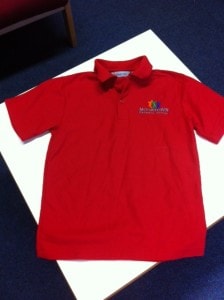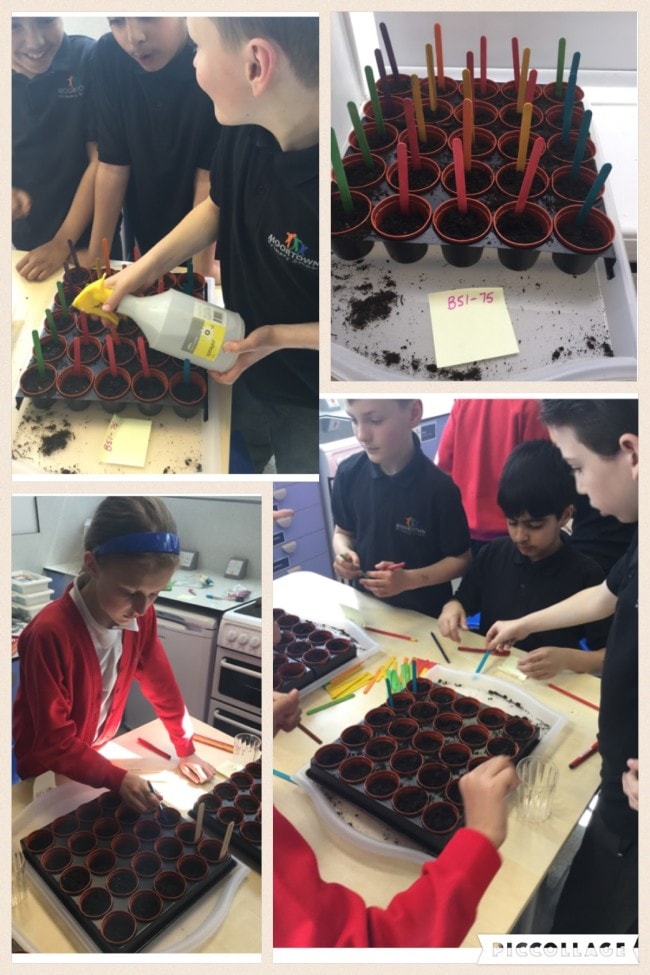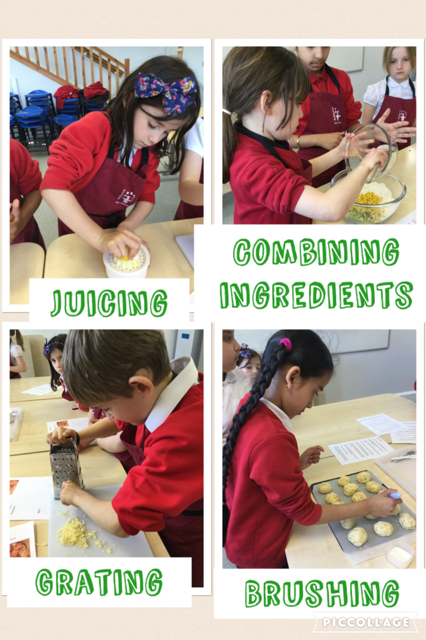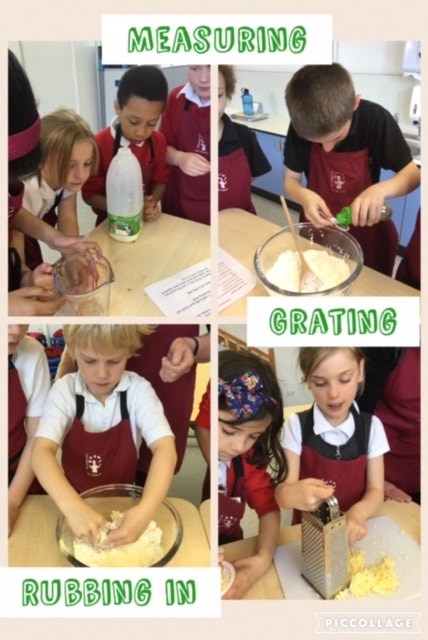National Smile Month
As part of National Smile Month, we will be having a calcium filled lunch special menu on Tuesday 24 May.

If your child would like to have a school meal on this day, please inform the office as soon as possible.
Bonsoir
Year 3 were developing their conversational French this afternoon including greetings, how they were feeling, numbers and their age.
With some children holidaying in France this year, they were keen to learn more so this website covers some of the basics.
À bientôt!

Rocket seeds
A quick update on our rocket seeds…
They’re growing! We’ve been watering them and turning them each day so that they all receive the same amount of sunlight.
We can’t see any difference between the red and the blue yet but there is a noticeable difference according to which windowsill they’re on. We’ve concluded that one of the windowsills doesn’t receive as much sunlight as the others because those seeds are growing at a much slower rate.
Today, we’ll be calculating the percentage of seeds that have grown in each seed tray and noting it on our record sheet.
Hotshots
To launch our Money Matters themed week, on 23 May, we will hold a Hotshots fundraising event, led by TSC sports and dance coaching limited, to raise money for our two school charities: Yorkshire Air Ambulance and Mind. During the day, each class will be able to take part in the Hotshots event, with every child having three chances to score a goal and their fastest time recorded. All children will receive a certificate with their fastest shot and medals will be awarded for the fastest boy and girl in each class. Sponsor forms will be sent home and children are encouraged to raise money for this event. These should be returned, with any money raised, on the day.


Money Matters
Our next whole school themed week Money Matters, based around money and financial education, will be taking place from Monday 23 May 2016. A variety of events and visitors are planned to help us deliver this key aspect of education.
During the week, we will look at questions including:
- What is money?
- Where does money come from?
- How do we spend money?
- How do we manage money?
If your job involves an aspect of finance and/or money and you can support our themed week by coming into school, please contact the office.

Please Mr Panda

Today, we are going to be reviewing Please Mr Panda by Steve Antony.
Watch this space for the finished results!
Moortown PE kit
Has your child recently taken part in a sporting event wearing one of our Moortown polo tops?
If so, please could you ensure it is returned to the office asap to ensure we have all tops available for our next sporting events.

Rocket seeds
You may have seen on Newsround recently that many schools have received some seeds from outer space; we are one of those schools! Today, Year 5 were set the very important challenge of planting our schools ‘red’ and ‘blue’ seeds.
Each school has received two sets of seeds (red and blue); one lot is from space and the other are plain old Earth seeds. We don’t know which one is which but we’ve planted both and so begins our experiment to find out: will seeds grow if they’ve been cultivated in space?

This is a six week experiment through which we’re required to observe, record, measure and question – all essential scientific skills. Although Year 5 have planted them, children from across the school will be involved in looking after and monitoring them throughout the project. We’ll keep you updated as the seeds grow and let you know which ones we think are from space.
Which do you think?

Scratch!

Today, we have been creating algorithms using scratch. We wrote a code to manipulate a sprite. Why not ask your child what a sprite is?
What do children learn through cooking?
Year 3 have continued to develop their food technology skills in our session today.
Cooking is always a popular lesson and here is a recent article about its benefits.

